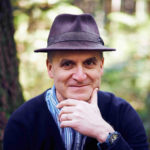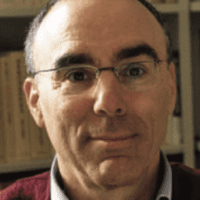This workshop focuses on Buddhist philosophical accounts of concepts and nonconceptuality. Understanding these accounts is crucial for the proper investigation of Buddhist contemplative practices. Buddhist practitioners and contemplative scientists often claim that various meditation practices induce nonconceptual modes of experience. But without a precise understanding of concepts, it is impossible to know what it means for an experience to be nonconceptual. Moreover, claims that nonconceptual experiences have psychological benefits run the risk of decontextualizing and thereby distorting these experiences by supposing that they can be characterized outside of the normative and soteriological context of Buddhism as a “path” to “awakening.” It is also important to ask whether any mode of experience that could meet the conditions of being nonconceptual according to a given philosophical or scientific criterion is the kind of experience that would be valued according to a particular Buddhist conception of the path to awakening. Addressing these issues requires that Buddhist philosophy and cognitive science engage each other more extensively than they have to date. A crucial step is to analyze the array of Buddhist philosophical views on conceptuality and nonconceptuality. This step constitutes the motivation and agenda for this workshop. The workshop will be held at the Center for Buddhist Studies at the University of California, Berkeley, and the papers will be published together in book form.
Organizers

Evan Thompson, PhD
University of British Columbia
Convening Faculty, Fellow, Grantee, Reviewer
Evan Thompson is a writer and Professor of Philosophy at the University of British Columbia, where he is also an Associate Member of the Department of Asian Studies and the … MORE

Robert Sharf, PhD
University of California, Berkeley
Convening Faculty, Fellow, Grantee
Robert Sharf, PhD, is the DH Chen Distinguished Professor of Buddhist Studies in the Department of East Asian Languages and Cultures at the University of California – Berkeley, where he … MORE

